How to Keep Your Teeth Healthy
Having strong, healthy teeth is easier said than done. It requires no small amount of consistent effort. There are a variety of things you need to keep in mind if you want to avoid experiencing dental problems. Practicing healthy oral habits is the best way to take care of them.
Here are some tips on how to keep your teeth healthy:
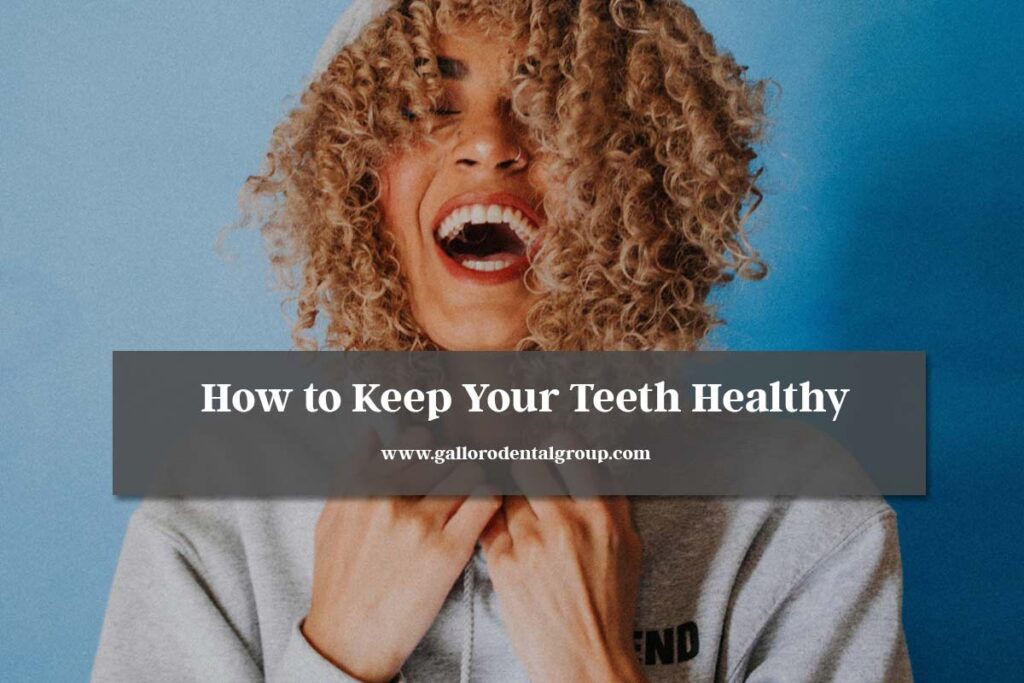
Oral Health Care
Brush Your Teeth Properly
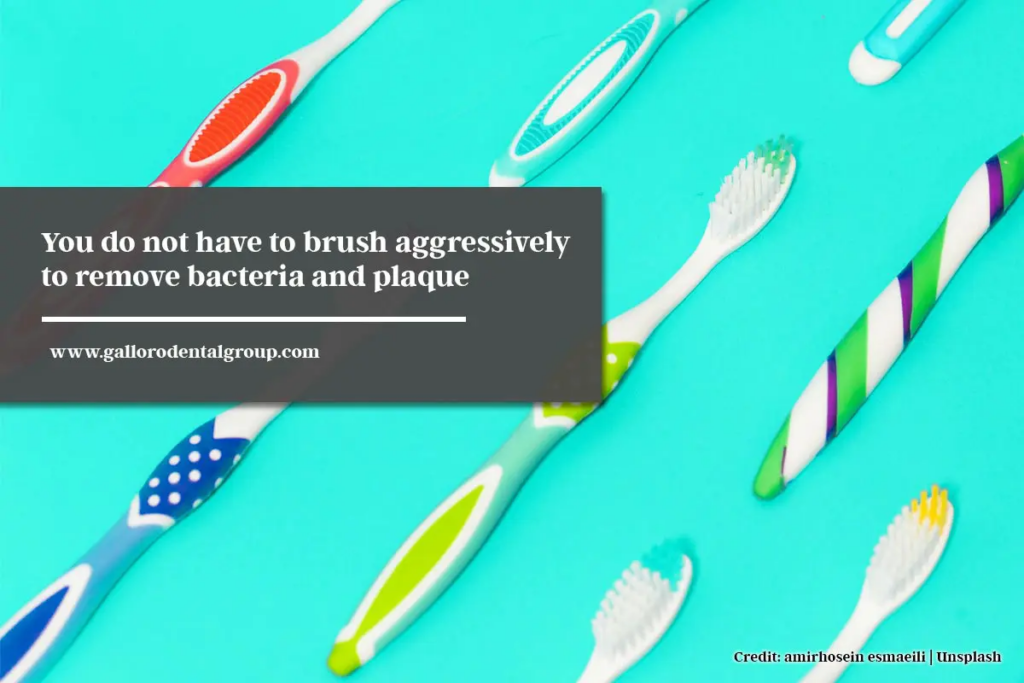
Brushing your teeth at least twice a day helps to keep your teeth clean. However, you also need to do this properly since you cannot remove bacteria and plaque effectively without following the right technique.
So, when it is time, brush your teeth using small circular motions. Avoid doing sawing back and forth motions. Instead, make sure you brush the front, back, and top of your teeth. Additionally, you do not have to brush your teeth hard. Aggressive brushing can damage your gums and tooth enamel. This entire process should take between 2 and 3 minutes.
Apply a Fluoride Toothpaste
With the various toothpaste brands out there, it can be confusing to choose which toothpaste is the right one for you. If you are looking for a new toothpaste to use, make sure that the product contains fluoride.
Fluoride is a mineral that is in your teeth and bones. It helps to strengthen your tooth enamel and protect it against cavities and tooth decay.
Brush Before Going to Bed
Following a bedtime routine helps you to decompress from your day. You might already follow one. But no matter how it goes, there is one thing that you should not forget: Do not forget to brush your teeth before you go to sleep.
Brushing before going to bed helps you to remove the plaque and germs that may have been accumulating in your teeth throughout the day. It helps in preventing cavities from building up and for tooth decay from occurring.
Remember to Brush/Scrape Your Tongue
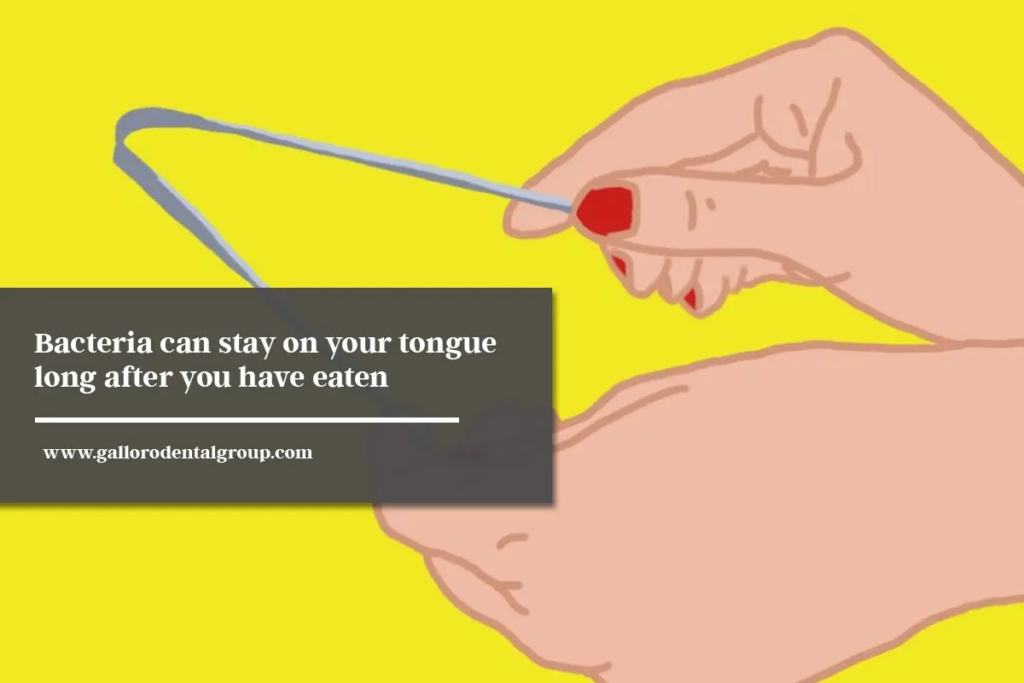
While the focus may be on your teeth when brushing, this does not mean you can forget about other parts of your mouth. Your tongue is crucial for chewing and swallowing food, as well as for speech. As you eat, you use it to detect and transfer different taste signals to your brain.
Food particles and bacteria can stay on your tongue long after you have eaten. Not only is it possible for plaque to build on it, but it can also lead to developing bad mouth odor and lead to other oral health problems. To prevent this from happening, remember to include your tongue the next time you brush your teeth.
Remember to Floss
As important as it is, brushing alone is not enough to remove bacteria and plaque from your teeth. While your toothbrush can cover several sides and surfaces of your teeth, there are some spaces where it cannot reach. You can add flossing to your teeth health care.
Flossing can dislodge any food particles stuck between your teeth. It also reduces the number of bacteria and plaque in your mouth. Flossing is a crucial dental habit to keep, and when it comes to keeping your teeth healthy, it is just as important as brushing.
How to Floss Your Teeth Properly
Incorrect flossing can potentially damage your gums and teeth; it’s a good idea to pay attention to your flossing technique:
>> Use about 18 to 24 inches of dental floss. Hold it properly by winding most of the floss around both of your middle fingers. Leave 1 to 2 inches of floss for your teeth.
>> With your thumbs and index fingers, hold and pull the floss tight.
>> Place the floss in between two of your teeth. Gently glide it up and down, and rub it against both sides of each tooth.
>> Do not glide the floss into your gums to avoid scratching or bruising.
>> Once the floss reaches your gums, curve it at the base of your tooth to form a C shape. It lets the floss enter the space between your tooth and gums.
>> Repeat the same steps as you move from tooth to tooth. And as you move, use a clean section of the floss.
Consider Using an Alcohol-Free Mouthwash
An alcohol-free mouthwash can be used in conjunction with your oral-health care routine. Also known as an oral-rinse, mouthwash is a liquid product used to rinse your teeth, gums, and mouth. Adding this to your daily regime can help freshen breath, prevent gum disease and decay.
Please note, mouthwashes that contain alcohol can destroy all the good bacteria in your mouth which in turn can creating an imbalance of bacteria causing bad breath. Alcohol-free mouthwashes tend to burn less, are less drying and they can be used to target the bad bacteria, creating a favourable balance to avoid bad breath.
Food and Drink
Be Mindful of Your Diet
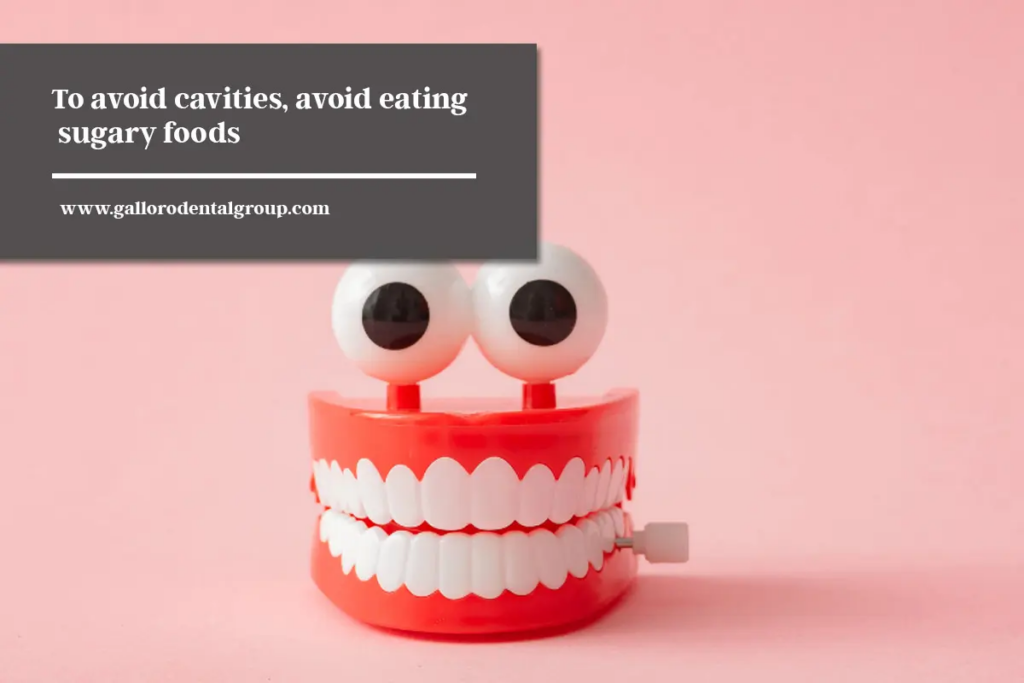
Acidic and sugary foods are bad news for your teeth. The sugar in these foods can convert into acid and wear down the enamel, potentially forming cavities. You also have to be mindful of other processed foods that you like to eat, as they may contain sugar.
Starchy foods like bread and pasta can also cause tooth decay. These can linger in your mouth and break down into simple sugars, which the bacteria in your mouth will eat. You can avoid dental health problems by reducing your intake of these types of food.
Drink Your Water
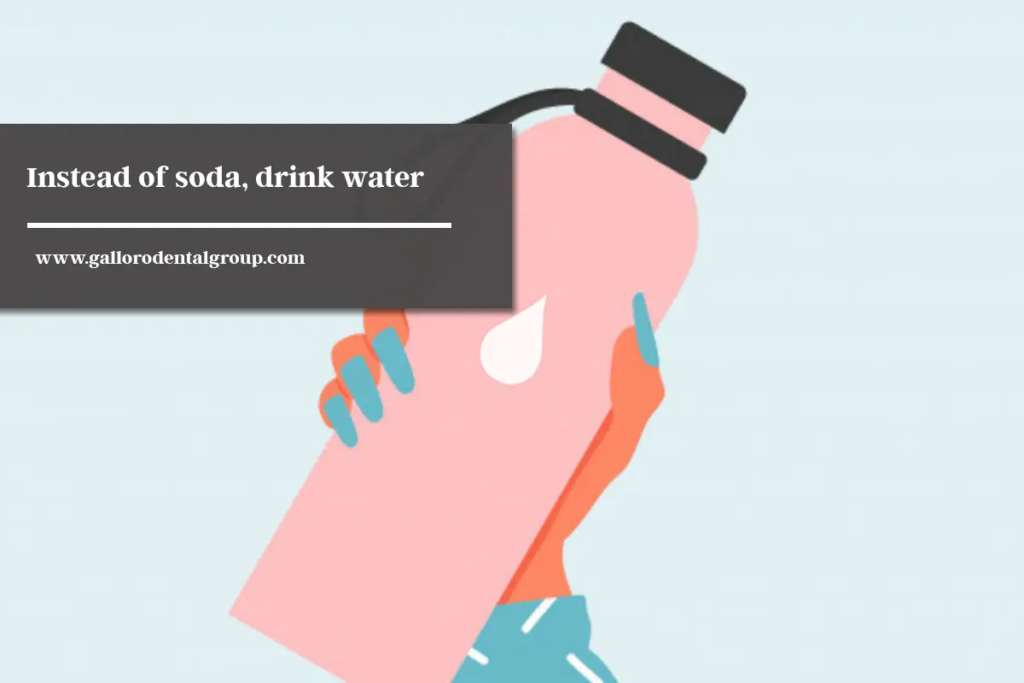
Your body needs water to fully function, which is why you must keep yourself hydrated. But, the beverage you choose to drink also matters. You can damage your teeth if you consistently hydrate yourself with the wrong drink.
Such drinks include coffee, tea, and soda. As mentioned, sugars and acid can damage your tooth enamel and cause cavities. To quench your thirst, drink water.
Others
Quit Smoking

Smoking negatively affects your body in many ways, and this also extends to your dental health. When you smoke, it becomes difficult for your body to heal tissues, including those in your mouth. If you smoke, you become more prone to gum disease.
It also changes how your mouth looks. Smoking can change the natural colour of your teeth and make it yellow. It can also give your breath a foul odour. With the various health risks, quitting smoking would be highly beneficial.
See a Dentist Regularly
Visit your dentist at least twice a year. Dentists can perform dental examinations, where they can remove plaque and tartar and keep your teeth healthy.
They can also check and look out for any potential dental issues. With their help, you can address these issues early and get the solution you need.
Keeping your teeth healthy requires you to pay more attention to your oral health habits. This often calls for certain lifestyle changes.
For advice on dental care and dental services, look no further than Galloro Dental Group. To schedule an appointment, call (416) 483-9600 or email hellosummerhill@gallorodentalgroup.com.
